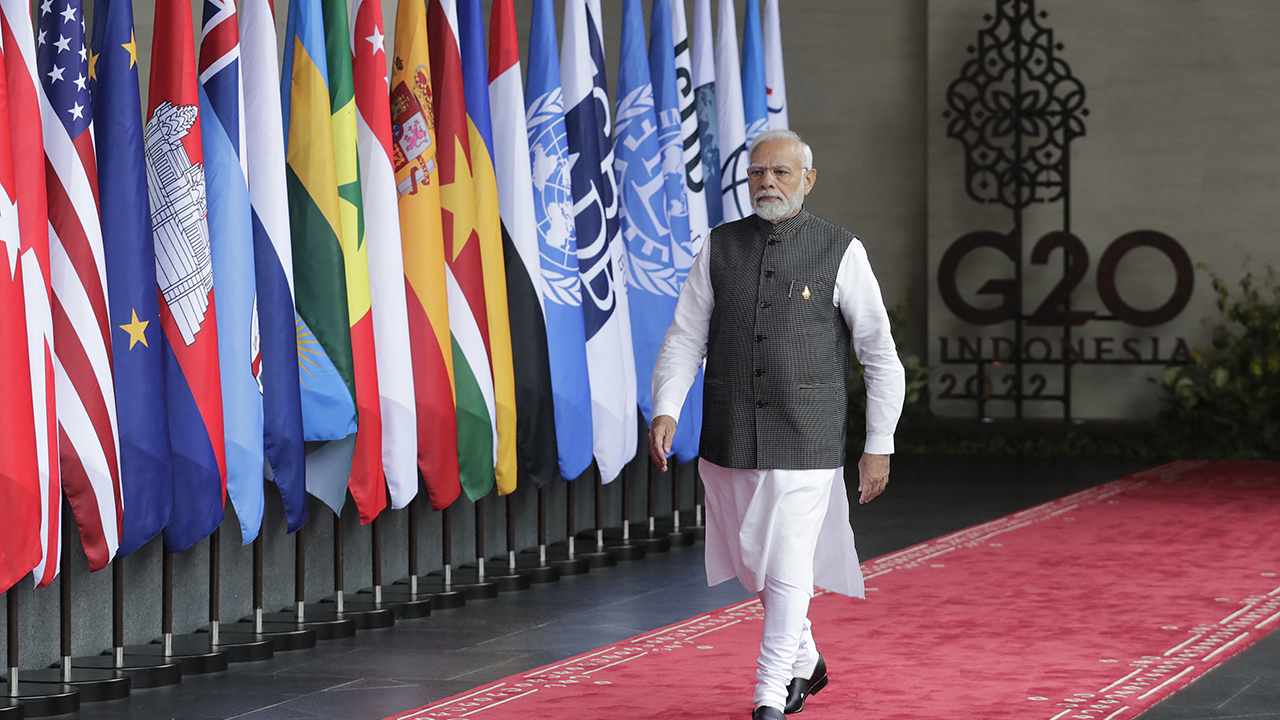Wireless in Shanghai
Everyday stories on a Chinese blog.
Everyday stories on a Chinese blog.
Pew Research Center Washington, D.C. The Pew Forum on Religion & Public Life and the Council on Foreign Relations co-hosted a roundtable to explore geopolitical implications of the growth, distribution and migration of Muslim and Christian populations. Population momentum – rapid growth due to previously high fertility rates – is a critical issue in the […]
12:00-2:00pm Council on Foreign Relations New York, New York The Pew Forum on Religion & Public Life and the Council on Foreign Relations co-hosted a luncheon roundtable on “Faith at War: Reports from the Islamic World” on May 4, 2005, at the Council on Foreign Relations in New York. With over one billion adherents, the […]
12:00-2:00pm Pew Research Center Washington, D.C. The Pew Forum on Religion & Public Life and the Council on Foreign Relations co-hosted a luncheon roundtable on “The Global Spread of Wahhabi Islam: How Great a Threat?” on May 3, 2005 at the Pew Research Center in Washington, D.C. The global spread of radical Islam, the threat […]
Pew Research Center Washington, D.C. The Pew Forum on Religion & Public Life and the Council on Foreign Relations co-hosted a luncheon roundtable entitled “Secular Europe and Religious America: Implications for Transatlantic Relations” on April 21, 2005 at the Pew Research Center in Washington, D.C. According to a 2002 Pew Global Attitudes survey, there are […]
Recent surveys by the Pew Forum on Religion & Public Life demonstrate that American evangelical Protestants have distinctive – and highly positive – attitudes towards the state of Israel. This group is important both because it constitutes a large share of the American population – about 26% – and because it provided President George W. […]
There is a new online cat-and-mouse game between the United States and China, the two internet superpowers.
Summary of Findings The public is more optimistic over the situation in Iraq as a result of that nation’s recent elections, but remains skeptical of the Bush administration’s decision to go to war. Moreover, the elections have not improved opinions of President Bush’s handling of Iraq. The survey, largely completed before the president’s European trip, […]
Attitudes towards the war in Iraq are more negative among Latinos than in the general population, according to a survey conducted as President George W. Bush began his second term.
A Pew Global Attitudes Project commentary
Across 12 countries, a median of 40% of adults say they have no confidence in Indian Prime Minister Narendra Modi to do the right thing regarding world affairs. About eight-in-ten Indians have a favorable view of Modi.
Majorities in most countries say China does not take into account the interests of other countries in its foreign policy, and China does not contribute to global peace and stability.
Across 24 countries, large shares have an unfavorable view of Russia and no confidence in Putin to do the right thing regarding world affairs.
Overwhelmingly, people believe the U.S. interferes in the affairs of other countries, but most also believe the U.S. contributes to peace and stability around the world. U.S. President Joe Biden receives mostly positive reviews.



